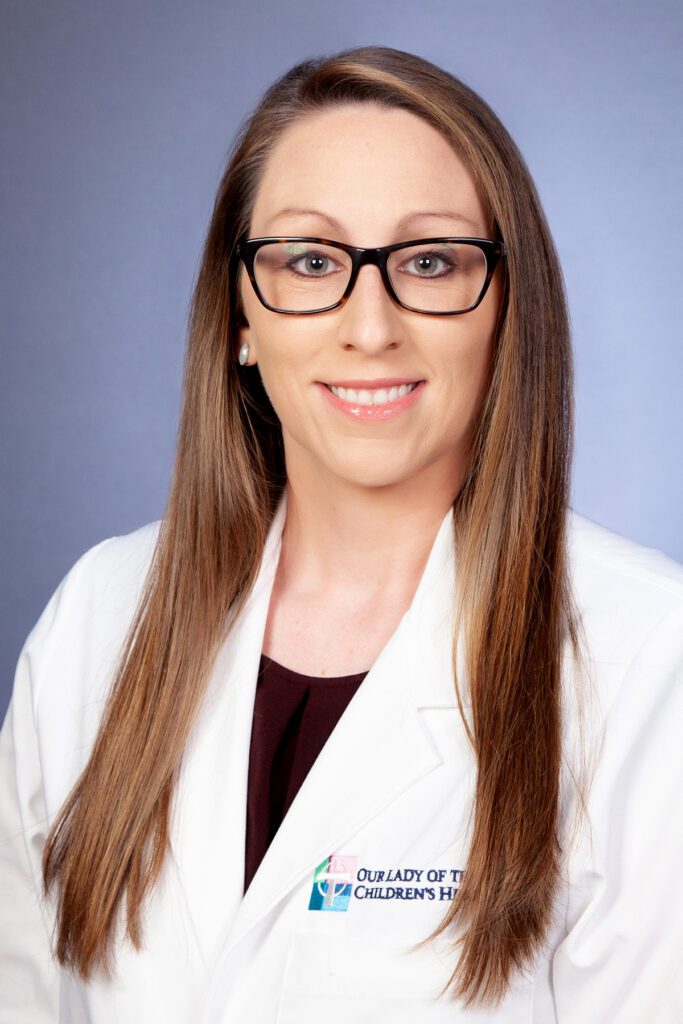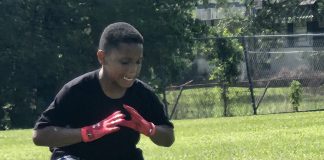ADHD Overview: When Distractibility or Hyperactivity is Something More

Fidgeting, inability to focus or concentrate, moving around all the time, or being unable to complete work may sound like kids being kids. In some cases, it can be a sign of something more, such as attention deficit hyperactivity disorder (ADHD). The transition between school semesters can be a good time to evaluate children for ADHD or adjust treatments for those already diagnosed.
Above all, parents should know they are not alone in this experience. According to the CDC, more than six million American children, or about 9 percent, have been diagnosed with ADHD.
Understanding the Symptoms
ADHD is a chronic condition that affects millions of children. It presents along a spectrum. Some children have symptoms of inattention, distractibility and poor working memory – which previously would have been called attention deficit disorder (ADD). Others also have additional symptoms of hyperactivity and impulsivity. Both types (ADHD and ADD) are included in the medical diagnosis of attention deficit hyperactivity disorder, and the treatments are similar.
Children living with ADHD may struggle with low self-esteem, difficulty in relationships and poor performance in school.
Getting to Diagnosis
Pediatricians typically can tell right away if a child has ADD or ADHD. To make an official diagnosis, a questionnaire called the Vanderbilt is filled out by both the patient’s parents and two different teachers.
To be diagnosed, the behavior must affect the child in at least two different settings. It can’t just be at home or just at school. Parts of the questionnaire also screen for anxiety because some of the symptoms can be similar.
Treatments That Can Help
Treatment can’t cure ADHD, but behavioral interventions and medications can help minimize symptoms. Early diagnosis and treatment can lead to better outcomes. Sometimes symptoms lessen with age.
ADHD counseling is often offered before a provider prescribes medication. There are behavioral modifications and ways parents can help their children maintain focus. There are stimulant and nonstimulant medication options available. Additional, newer nonstimulant medications are coming out.
With or without medication, accommodations within the classroom also make a difference, such as decreasing distractions or providing extra time for completing tests and work.
Nervous about Medication
Parents may be nervous about bringing up their child’s symptoms, worrying that even mentioning them will require medicating their child. Families should talk with their provider. Benefits and risks are always considered. Even if medicine is the answer, it doesn’t have to be taken every day. If something isn’t working, it can always be stopped. There are no absolutes in prescribing and treating ADHD.
Monitor for Side Effects
Changes in sleep, eating and mood are the biggest side effects to watch for when children are taking ADHD medication. Those can be impacted by changing doses or adjusting when the dose is taken during the day.
Medications prescribed to treat ADHD require a lot of follow up. Families ideally form strong relationships with their doctor and get to know each other well. Follow-up appointments happen every three to six months, with some visits being possible via video.
Parents know their children best. It’s important to be open with your provider. Let them know when something isn’t working and any concerns you may have.
About the Author





















